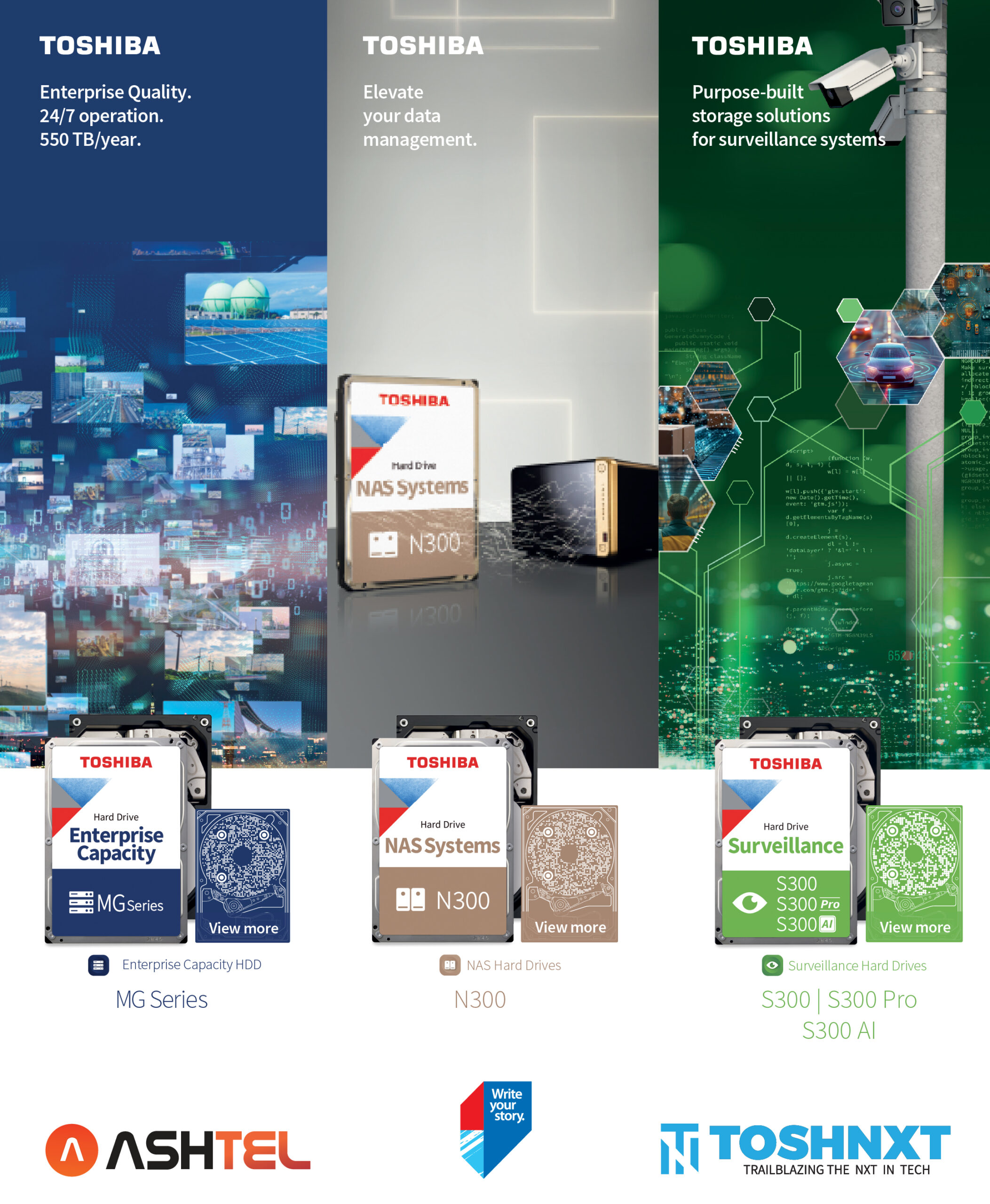
Shukri Eid, General Manager, IBM Gulf, Levant and Pakistan
A new study from IBM reveals enterprises across the United Arab Emirates (UAE) are reporting some of the strongest productivity gains from AI in the Europe Middle East and Africa (EMEA) region, with many expecting returns on their investments (ROI) within the next year.
“The Race for ROI,” a new IBM report produced in partnership with Censuswide, surveyed 3,500 senior executives across ten countries, including 500 in the UAE. The findings show that 77% of UAE respondents said their organizations have achieved significant operational productivity improvements using AI, well above the regional average of 66%.
In addition, approximately one in five respondents said their organization has already realized ROI goals from AI-driven productivity initiatives, with a over 44% on average expecting to achieve ROI within 12 months across cost reduction (40%); time savings (49%); increased revenue (41%); employee satisfaction (47%) and increased Net Promoter Score (43%).
Further productivity benefits are expected from the introduction of AI Agents, with 93% of UAE leaders expecting that agentic AI will deliver measurable ROI within two years.
According to the study, business areas achieving the biggest AI-driven productivity gains in the UAE are software development and IT (34%), advertising and marketing (33%), account management (30%), customer service (28%) and procurement (29%). At the same time, executives reported the top three benefits of enhanced productivity as greater operational efficiency (55%), enhanced decision-making (56%), and augmented workforce capabilities such as automating repetitive tasks (55%).
AI Transforming Business Models
Across the UAE, the data shows that leaders are increasingly using AI to enable strategic business transformation. Of those who reported significant productivity gains, nearly a quarter (26%) credit AI with fundamentally changing their business models. Around a third of respondents are already using AI to change their operations in ways such as accelerating innovation timelines (36%); shifting to continuous AI-driven decision-making instead of periodic planning cycles (29%); and redesigning value streams around AI rather than automating existing steps (33%), while a further 2 in 5 intend to do so across all these areas.
More than half of all senior leaders surveyed (55%) said that AI is augmenting workforce capabilities. For example, with the time saved from greater productivity, executives said employees are spending more time on developing new ideas (44%), upskilling and professional development (44%), improving sustainability and advancing ESG initiatives (43%), strategic decision-making and planning (41%), and engaging in creative work (37%).
A greater proportion of senior leaders in UAE (47%) said they are prioritising inclusive AI workforce transformation: e.g. ensuring upskilling programs are accessible to all employees regardless of role, age, or technical proficiency to build an AI-enabled workforce, compared to EMEA average (36.5%).
Shukri Eid, General Manager, IBM Gulf, Levant and Pakistan, said, “Across the UAE, we’re seeing clients move from experimentation to execution with AI and what stands out in this study by IBM is how leaders in the UAE are linking AI directly to measurable productivity, faster ROI and workforce transformation. Businesses in the UAE are proving that when AI is embedded responsibly — across people, processes and platforms — it becomes a growth engine. These findings confirm that the UAE is setting a strong benchmark for AI adoption and innovation among the countries surveyed in the EMEA region.”
Prioritization for Open Systems, Interoperability and Choice
The study found that openness, interoperability, and choice are critical priorities for organizations adopting AI. In the UAE, 77% emphasized the importance of transparency in AI systems and models ensuring that the technology operates ethically and responsibly. Similarly, 78% stressed the need for interoperability, enabling seamless integration of AI tools into IT systems to maximize efficiency and adaptability.
A further 80% said they valued flexibility to choose and adapt AI solutions or providers as needs evolve, underscoring strong demand for technological autonomy.
Overcoming Risk, Data Fragmentation and Complexity
While the findings suggest companies are progressing towards greater ROI from AI, UAE respondents also identified the following as top barriers to scaling successful AI pilots: inadequate data infrastructure or data fragmentation (67%), security, privacy, and ethical concerns (65%), IT complexity challenges (64%), high upfront costs and reluctance to invest in AI and automation initiatives (63%).
To accelerate ROI from AI, the report outlines five priorities for enterprise leaders: establishing an effective AI operating model; cultivating AI literacy and a culture of innovation; embracing rapid change; understanding risk through strong governance; and creating a cross-company “AI Board” to oversee ethical use.
















